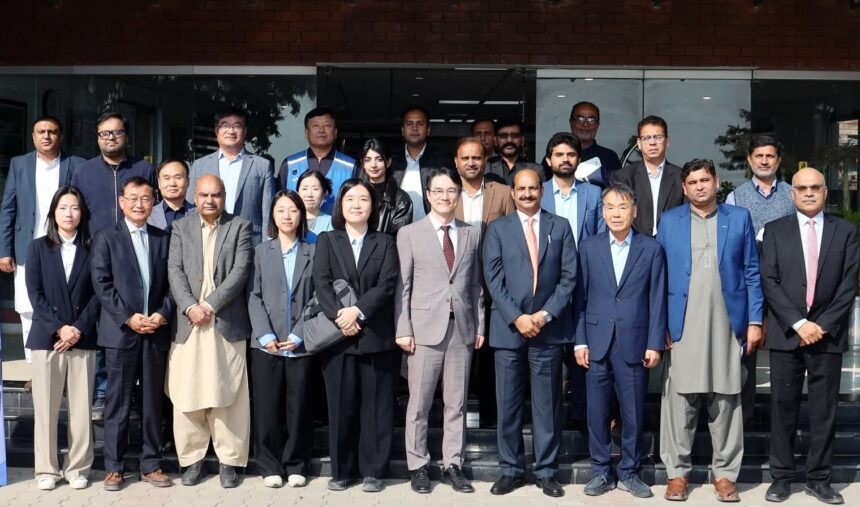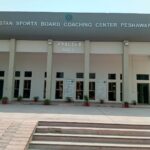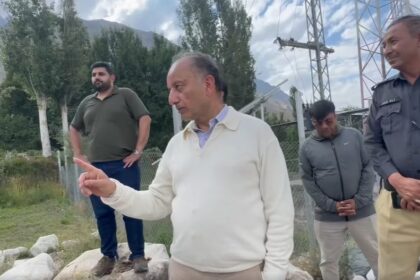The KOICA Pakistan Office carried out a feasibility study from 10 to 22 November 2025 for a proposed Seed Potato Centre at the Pakistan Agricultural Research Council, a project planned for 2027–2031 with an estimated budget of USD 13.07 million. The study assessed infrastructure and technical needs aimed at improving seed potato self-sufficiency and strengthening national food security.
The assessment reviewed the need for a dedicated SPPSC building that would include a tissue culture laboratory, a crop protection research laboratory, and a cultivation and soil research laboratory, alongside production facilities such as hydroponic greenhouses, screen houses and cold storage units to support large-scale seed potato multiplication. These facilities form the core requirements identified to develop a robust seed potato production system.
KOICA’s team, accompanied by Korean technical experts, visited research institutes, seed importers and farmer cooperatives in Sahiwal, Okara and Kasur in Punjab to validate local demand and technical feasibility. In Islamabad the team inspected the proposed construction site within the NARC complex and held meetings with key government stakeholders including the Ministry of National Food Security and Research and the National Institute for Genomics and Advanced Biotechnology to align priorities and timelines.
Discussions with PARC focused on building and operating an effective multiplication and certification system to raise national seed quality and availability. The feasibility findings will guide the design of detailed planning and the establishment of operational arrangements to ensure the Seed Potato Centre can sustainably expand Pakistan’s certified seed potato capacity.
Based on the study outcomes, the KOICA Pakistan Office will continue preparations and coordination with local partners to lay the groundwork for the Seed Potato Centre and support subsequent planning and implementation phases to ensure the project meets its food security and production goals.











